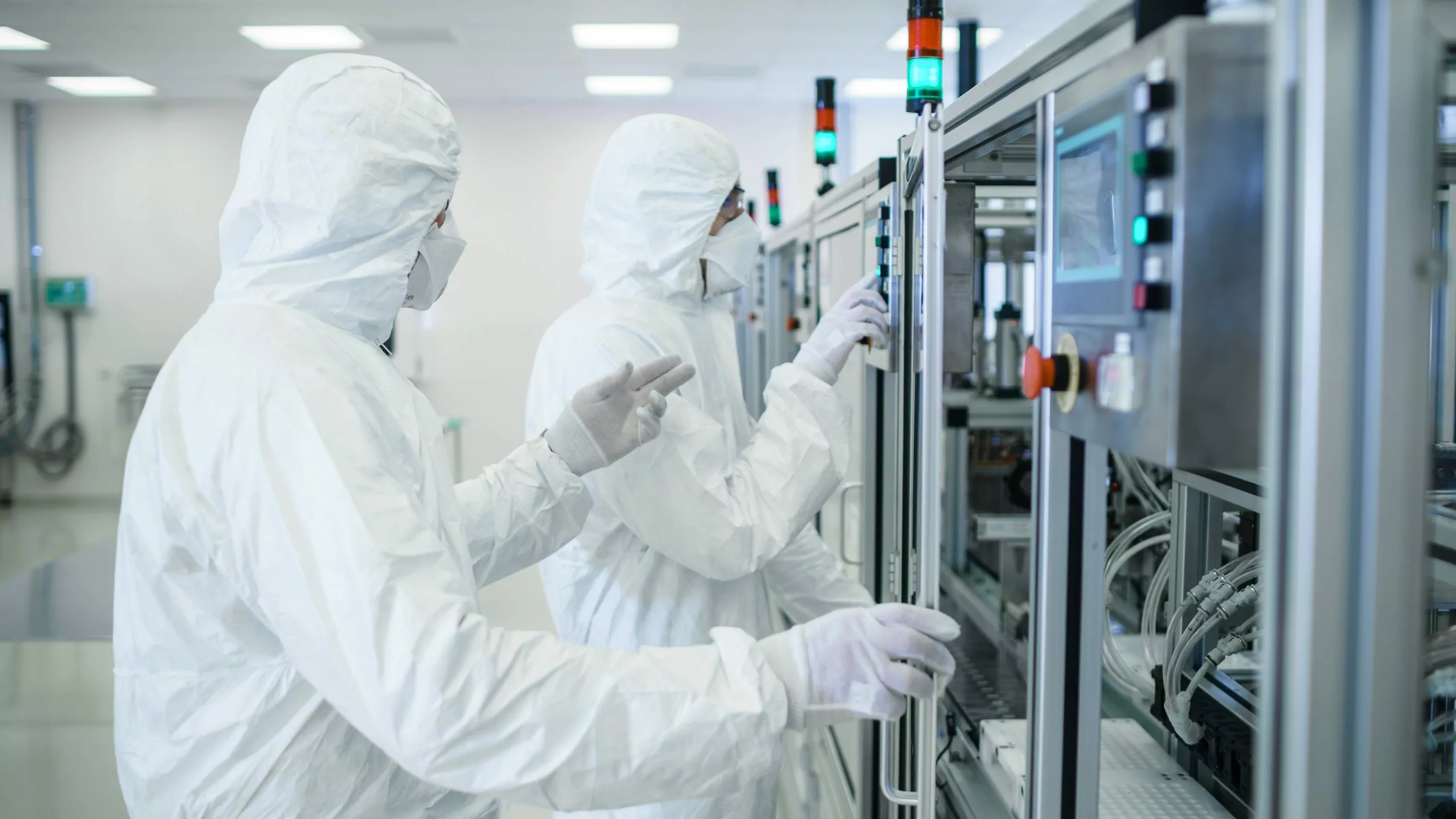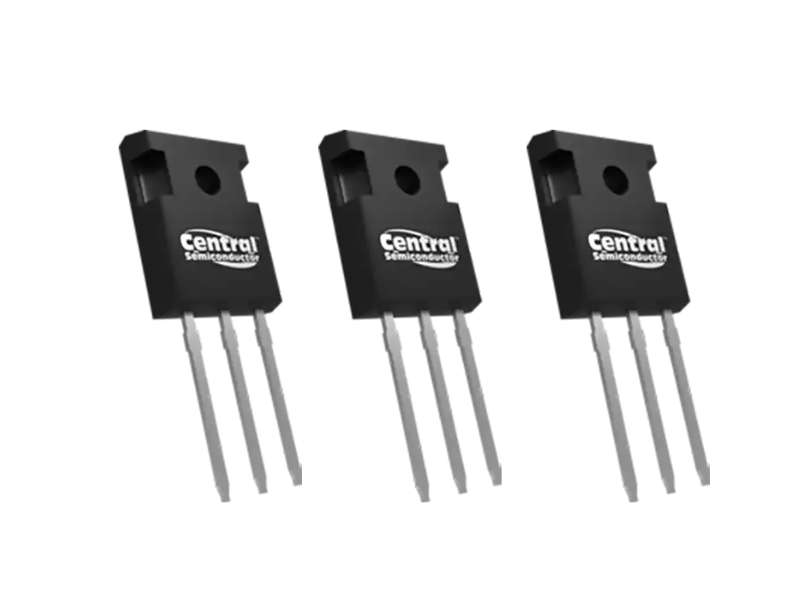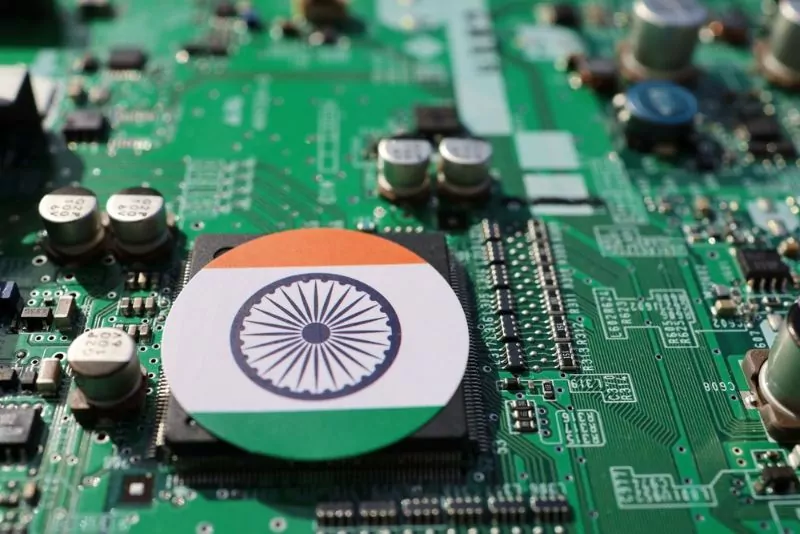Concerns relating to a shortage of manufacturing equipment are shadowing the ability of the world’s two highest-end chip manufacturers – Samsung and Taiwan Semiconductor Manufacturing – to meet delivery promises to customers, reports industry commentators.
Chip-manufacturing equipment is increasingly arriving later than expected, and lead times on new orders have stretched to in some cases two or three years.
A person close to the sources cited by Wall Street Journal indicates that TSM would not be able to increase production next year and in 2024 as quickly as expected led by issues with acquiring manufacturing equipment.
According to reports, Samsung is seeing some capacity constraints and also slower-than-expected improvements in yields of chips made using the 4-nanometer process.
According to SEMI, global spending on fab equipment for front-end facilities is expected to grow 20% year over year in 2022 to an all-time high of $109 billion, marking a third consecutive year of growth following a 42% surge in 2021. Fab equipment investment is expected to remain strong in 2023.
“The global semiconductor equipment industry remains on track to cross the $100 billion threshold for the first time as shown in our latest update of the World Fab Forecast,” said Ajit Manocha, president and CEO of SEMI. “This historic milestone puts an exclamation point on the current run of unprecedented industry growth.”
To avoid electronics supply-chain disruptions, you may also wish to consult an expert in electronics component supply. With more than three decades of supply-chain expertise, Astute Electronics is ideally placed to work with you on your daily component requirements.
For more help with looking at supply chain options, contact Astute Electronics






